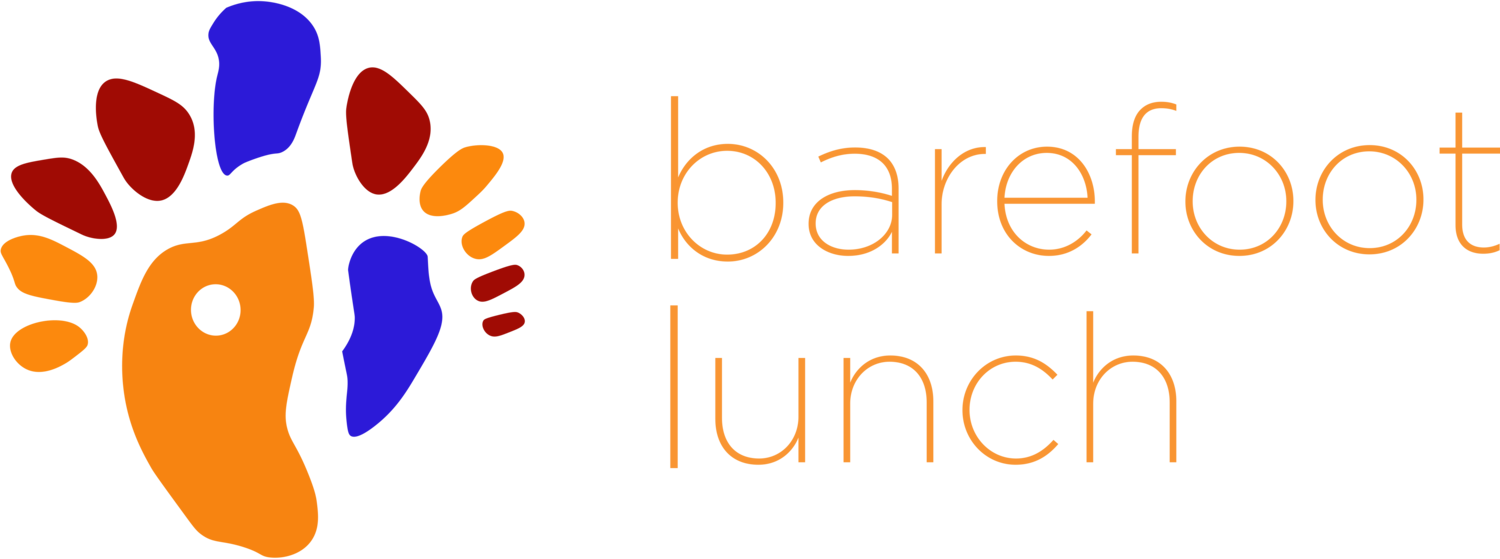We’re human. We have a history. And as Emerson said, “all history is biography.”As Dr. William Boast and Benjamin Martin write in Masters of Change that to excel in this fast moving world, “Start with the ‘who to’ rather than the ‘how to.’” It is more creative and generative to develop and improving character instead of following a set of rules or steps for success. Rules and steps work for machines and mechanical closed systems, but for creative, living, and dynamic systems that are non-predictive in nature, the improvement of character is a better learning paradigm. Since we can’t experience everything in our short lives, biography holds a vital key to rapid development and improvement of character.
Biographies give you a chance to learn from a variety of people in various circumstances and challenges. As you read, your goal is no to mimic them, but to model them. Learn from their mistakes, understand their context and how they made decisions. You can see what happens to a young Albert Einstein who hated the rules of school, but could shake the world with his imagination. Ride along as the young Alexander the Great, with an uncanny speed, went from avenging his father’s death to ruling the world by the time he was 33. Watch Teddy Roosevelt struggle from being a weak child into being a strength that the United States could lean on. Know, feel, and master within yourself the persistence of the Wright Brothers and Thomas Edison. Feel the adventure of Capitan James Cook as he circumnavigates the world, follow Catherine the Great as she tames and modernizes Russia, and witness John D. Rockefeller literally living a rags-to-riches life. Biographies will inspire you and teach you to believe that the impossible is possible.
When you dive into the biography of a great person, look for their character. The reason you read biography is to develop your own character. By looking at how others have lived their lives, what they have done and accomplished, how they handled joy and tragedy, and even how they died, you start to new thoughts on the possibilities for your life.
The first biographer is Plutarch (AD 46 - AD 120) who is best known for his Parallel Lives that compared the eminent Greeks and Romans. His work had significant impact on future generations, especially writers like Shakespeare, Boswell and Emerson and leaders like Napoleon, Queen Elizabeth, and Teddy Roosevelt.
Born near Delphi in Greece, Plutarch was a Roman Citizen who lived during the reign of Claudius, Nero, and Hadrian and would have heard about the eruption of Mt. Vesuvius that buried Pompeii. He was born into a rich family, but we don’t know much about his biography, unfortunately. He had a couple of brothers and married to a women named Timoxna and they had two sons and one daughter. In his twenties, he studied mathematics and philosophy at the Academy of Athens and at some point became a Roman Citizen. He was initiated into the mysteries of Apollo and served at the temple of Apollo. During his life, though he was a government employee, he was also famous as a writer of essays and histories.
Many of the stories in his Parallel Lives have made their way into popular fiction and movies. In his biographies, he starts with the mythic Theseus compared with the founder of Rome, Romulus. He then moves to the lawgivers Solon and Numa, and then some of the other great personalities that are now so well known: Pericles, Alexander the Great, Julius Caesar, Pompey, Cicero, and Mark Antony. Some of the work has been lost through time. But his influence on all biography writers since is unrivaled. His biographies will inspire you and teach you to believe that the impossible is possible.
But not all models need taken from history—or be dead for that matter. Spend time with living people and learn of their rich or exciting lives: Make a list of 10 great people you want to know that are still alive. Now think through how you can know them. Write them a letter, call them, mail them a present, send them flowers. Meet them and start a dialogue with them. In my life, I’ve been surprised that the majority of writers I’ve reached out to have answered and helped me, including, Michael Port, Jeffery Fox, Steve Chandler, Simon Bailey, and Jim Collins. Your list may include sports figures, actors, business leaders, musicians, artists, chefs, and scientists.
Now take a look at some dead people: Make a list of 10 great historical people. For each of these, endeavor to read as many biographies as possible about them. After five or six biographies, you really start to get a flavor for the person. A list of some of my favorites include Leonardo da Vinci, Gabriel Garcia Marquez, Alexander the Great, Madame de Staël, Julius Caesar, Napoleon, Beethoven, Goethe, George Washington, T.S. Eliot, and Walt Whitman.
Now dive in and explore the infinite range and wonder of life as lived by others and then seek to incorporate their experiences into your own life’s story.

